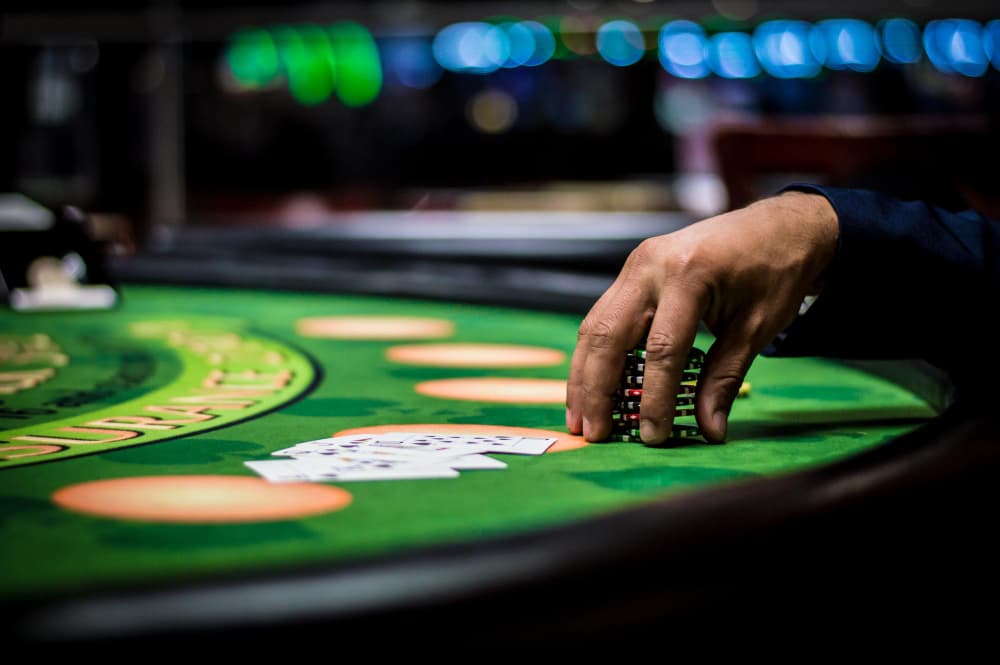
In the world of gambling, in which chance and strategy intersect, a unique tapestry of beliefs manifests—one that braids luck, fate, and the enigmatic nature of casino games. Casinos, bustling with excitement and anticipation, are not just places for placing bets; they are also arenas where superstitions thrive. From the novice player to the seasoned gambler, these mysterious practices often shape how individuals approach the games they play, holding the belief that their actions can influence the outcome in ways that go beyond mere probability.
When players gather around roulette wheels, blackjack tables, and slot machines, the atmosphere is thick with stories of lucky charms, rituals, and codified behavior that defy logic yet provide a sense of comfort. It could be the case that it’s wearing a specific outfit, following a particular sequence of bets, or even avoiding certain numbers, the attachment to various superstitions reflects a deep-rooted desire to manipulate the uncontrollable. This article delves into the captivating world of casino game superstitions, investigating the beliefs that both entertain and mystify those who dare to play.
Cultural Beginnings of Superstitions
Gambling games have long been entwined with an variety of superstitions that trace to early societies. The beginnings of these notions can be associated to humanity’s intrinsic wish to influence the random outcomes connected with chance and uncertainty. In ancient civilizations, games of chance were often connected to spiritual practices. Gamblers would invoke blessings or ask for favor from gods, believing that their actions could change the outcomes in their advantage. This foundation laid the foundation for the variety of superstitions that proliferated as gambling evolved over time.
During the medieval period, gambling became a common activity across European nations, and with it, a colorful tapestry of superstitions developed. Participants adopted various rituals and charms, believing they could influence the results of games. The value of digits, in particular, started to appear in superstitions pertaining to card games and dice. The number 7 was often considered favorable, while various numbers carried negative connotations. These beliefs mirrored the cultural contexts of the time, adapting as they moved through generations and changed to emerging gaming environments.
As casinos appeared in the seventeenth century, particularly in the Italian peninsula and the French nation, the atmosphere surrounding gambling became saturated in enigma. The growing availability of gambling games allowed for the dissemination and variation of superstitions among players. Concepts like charmed charms, designated seating positions, and rituals gained prominence, creating a distinct culture within casinos. As these practices continued to thrive, they became fundamental to the character of gambling activities, illustrating how the past and culture shape the convictions that influence how participants interact with chance.
Popular Casino Superstitions
Beliefs surrounding gambling games are plentiful and varied, reflecting the dreams and anxieties of players as they participate in random games. 5MB One of the most common beliefs is that certain numbers bring fortune or misfortune. For example, the digit seven is often seen as a lucky number, frequently sought after by gamblers looking for a favorable outcome. Conversely, the digit 13 is routinely considered cursed, leading many players to avoid it during their gaming periods.
Another frequent belief relates to practices that players believe can affect their odds. Whether blowing gently on the dice before a throw, using a particular gesture to place a bet, or even putting on specific items of clothing, many individuals feel that these rituals can sway luck in their favor. These practices offer a feeling of power in an otherwise unpredictable environment, strengthening the idea that luck can be manufactured through individual beliefs and habits.
Finally, the environment and atmosphere of the casino itself adds to myths. Many players suggest that the presence of specific symbols, such as four-leaved clovers or lucky tokens, can enhance their odds of winning. Additionally, gamblers might adhere to the belief that winning streaks can be interrupted by mundane events, such as a person walking past or a accident at the gaming surface. The shared atmosphere in a casino can amplify these beliefs, creating a communal culture of myths that goes beyond individual encounters.
Impact of Superstitions on Players
Superstitions play a significant role in the mindset of gamblers, often affecting their behavior and choices. Many gamblers believe that luck can be influenced through different rituals, such as wearing a lucky charm, choosing particular hues, or avoiding certain numbers. This dependence on superstitions can create a feeling of authority in an environment that is intrinsically unpredictable. Players often feel more confident and engaged when they feel that their actions could sway the result of a game in their favor.
The influence of these superstitions extends beyond singular players, affecting the overall atmosphere within the casino. For example, a player who holds the belief in the luck of a particular slot machine might attract a gathering, as onlookers are fascinated by their apparent success. This collective belief can heighten excitement and create a dynamic environment, leading to an captivating experience even for those who may not necessarily be superstitious. The excitement around specific games can lead to increased participation and extended playing sessions, supporting the casino’s lively social scene.
In some cases, superstitions can lead to negative effects for players. Relying too heavily on rituals can result in bad gambling decisions, as some may overlook basic strategies in favor of unfounded beliefs. Additionally, the pressure to perform rituals may heighten anxiety and tension, diminishing from the pleasure of the experience. Ultimately, while superstitions can enhance the excitement of playing casino games, they can also lead to poor choices that overshadow the fun and amusement intended in the casino experience.